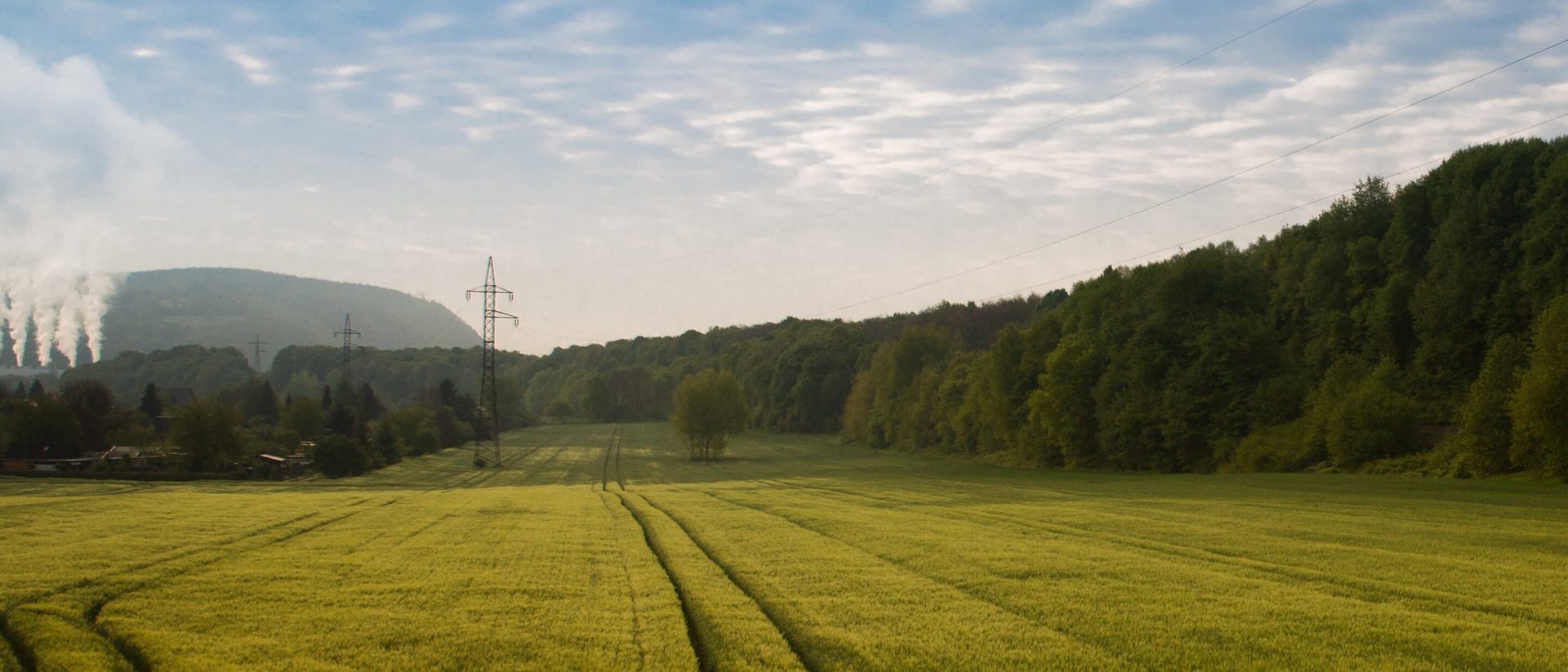REA Comments on Chatham House ‘Net-Zero and Beyond: What Role for Bioenergy with Carbon Capture and Storage?‘ Report
Dr Nina Skorupska CBE FEI, Chief Executive at the REA Commented:
“Future energy scenarios, whether from the Committee on Climate Change, the IPCC or the International Energy Agency, all demonstrate the necessary role sustainable biomass and bioenergy with carbon capture and storage (BECCS) has in keeping the world in line with the Paris Agreement. Such modelling relies on robust and peer-reviewed evidence to create a range of scenarios. Chatham House focuses on scenarios already being mitigated for by world-leading sustainability standards. While challenges exist, the response should not be to stop utilising BECCS technology – but for Government, industry and other stakeholders to ensure the potential of BECCS is realised in line with strong sustainability governance to deliver demonstrable negative emissions.
While we back Chatham House’s call to ensure nature-based carbon removal solutions are also supported, achieving this is not divorced from the growth of BECCS. Today the success of Biomass in the UK has resulted in the steady growth of forest inventory, and doubling of carbon stocks, in the southeast U.S. forests where the UK sources much of its biomass feedstock from. Creating market demand for bioenergy forestry products grows more trees for further carbon removal. It is not a case of “either/or” but realising how utilising all options, working together, is required to deliver our carbon reduction targets.”
Responding to Chatham House Report Benedict McAleenan, Senior Advisor to Biomass UK, the dedicated biomass power arm of the REA, said:
“We can only get to Net Zero if we use BECCS and we can only do that by using sustainable biomass. As stated by the Committee on Climate Change, BECCS is essential to reducing our emissions to zero and beyond, into net ‘negative’.
“So far, the UK’s investment in biomass has helped us to reduce our reliance on coal and to invest in forests, with very good results. The forests supplying biomass to the UK are massively increasing, not decreasing. Now we’re becoming a frontrunner in developing BECCS technology, which takes us to the next level in fighting climate change.
“This has all been guided by world-leading regulations that other nations should seek to learn from and develop.
“This report focuses on hypothetical modelling of the future and glosses over the UK’s real-world positive results over the past decade. It also ignores the economic forces and regulations that drive sustainable forestry. By using residues and thinnings that are unwanted by other wood use sectors, the UK’s biomass sector has helped to make sustainable forestry more financially rewarding, which makes forests more resilient against deforestation, forest fires and disease.”
—ENDS—
For more information or to request an interview, please contact:
Hayley Allen
External Affairs Officer
020 7925 3570
[email protected]
Notes to editors
- The full report from the Chatham House is available here: https://www.chathamhouse.org/publication/net-zero-and-beyond-what-role-bioenergy-carbon-capture-and-storage
About the Renewable Energy Association (REA)
The REA is the UK’s largest trade association for renewable energy and clean technologies with around 550 members operating across heat, transport, and power. The REA is a not-for-profit organisation that represents renewable energy and clean technology companies operating in over fourteen sectors, ranging from biogas and renewable fuels to solar and electric vehicle charging. Membership ranges from major multinationals to sole traders.
For more information, visit: www.r-e-a.net

